Environment
-
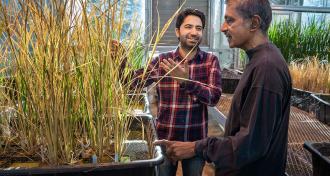 Plants
PlantsHybrid rice engineered with CRISPR can clone its seeds
New research has created self-cloning hybrid rice, raising hopes of higher food production.
By Susan Milius -
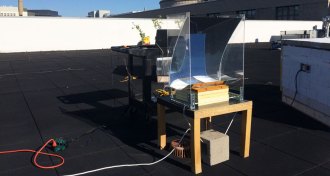 Tech
TechA new way to turn saltwater fresh can kill germs and avoid gunk buildup
A new device that harnesses sunlight to produce pure vapor from seawater could last longer and produce cleaner water than other technology.
-
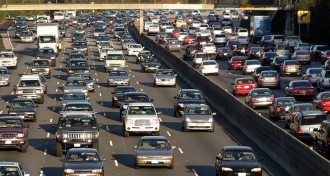 Climate
ClimateGlobal carbon dioxide emissions will hit a record high in 2018
Carbon dioxide emissions from China, the United States and India all rose this year, a new report finds.
-
 Environment
EnvironmentAn acid found in soil may make a disease killing deer less infectious
An incurable neurodegenerative disease crippling North American deer, elk and moose may be thwarted by an organic soil compound.
-
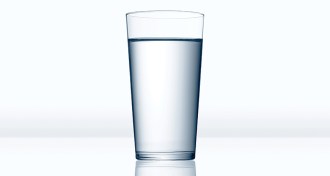 Environment
EnvironmentEngineers are plugging holes in drinking water treatment
Drinking water quality has come a long way in the past hundred years — but challenges remain.
-
 Environment
EnvironmentCar tires and brake pads produce harmful microplastics
Scientists surveyed tiny airborne plastics near German highways and found that bits of tires, brake pads and asphalt make up most of the particles.
-
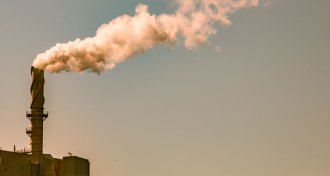 Chemistry
ChemistryNew devices could help turn atmospheric CO2 into useful supplies
New electrochemical cells transform carbon monoxide into useful chemical compounds like ethylene and acetate much more efficiently than their predecessors.
-
 Archaeology
ArchaeologyThe water system that helped Angkor rise may have also brought its fall
A complex water system magnified flooding’s disruption of the medieval Cambodian city of Angkor.
By Bruce Bower -
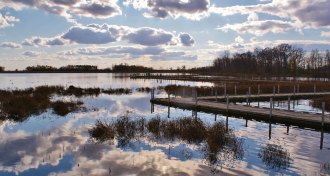 Environment
EnvironmentWe’re probably undervaluing healthy lakes and rivers
Clean water legislation often doesn’t seem like a good deal on paper. Here’s why that may be misleading.
-
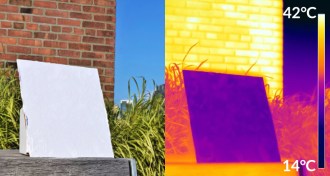 Materials Science
Materials ScienceThis reflective paint could keep sunbaked buildings cool
A new type of polymer coating that reflects sunlight to control heat could supplement or replace air conditioning systems.
-
 Planetary Science
Planetary ScienceReaders contemplate water on Mars and more
Readers had questions about the significance of finding water on mars, air pollution from wildfires and spray-on sensors.
-
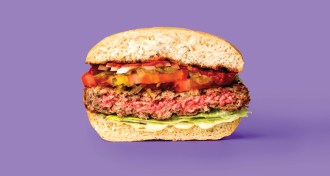 Agriculture
AgricultureCan science build a better burger?
Researchers hope to replace whole animal agriculture and feed the world with lab-made meats or plants.
By Susan Milius